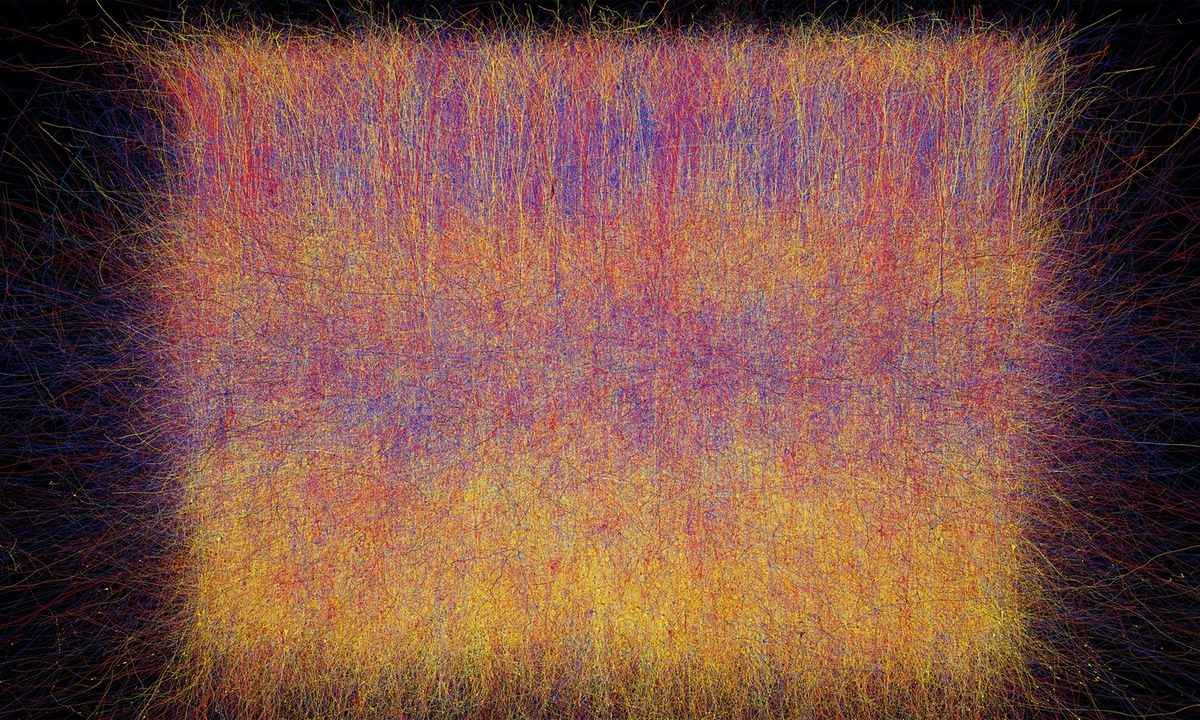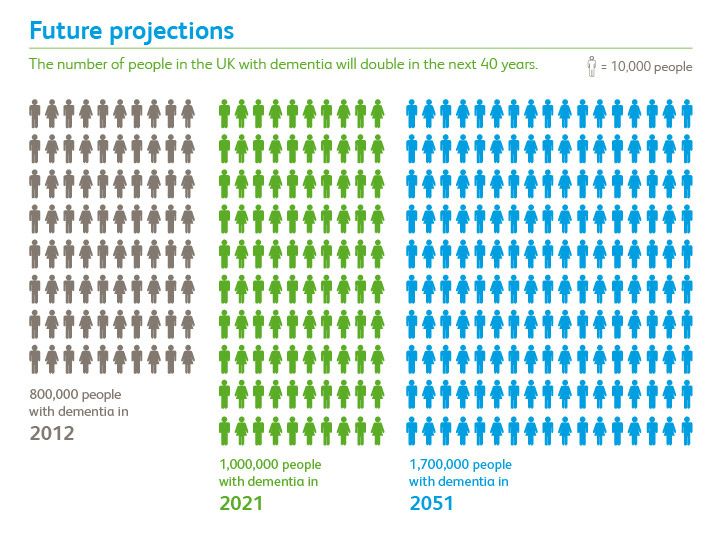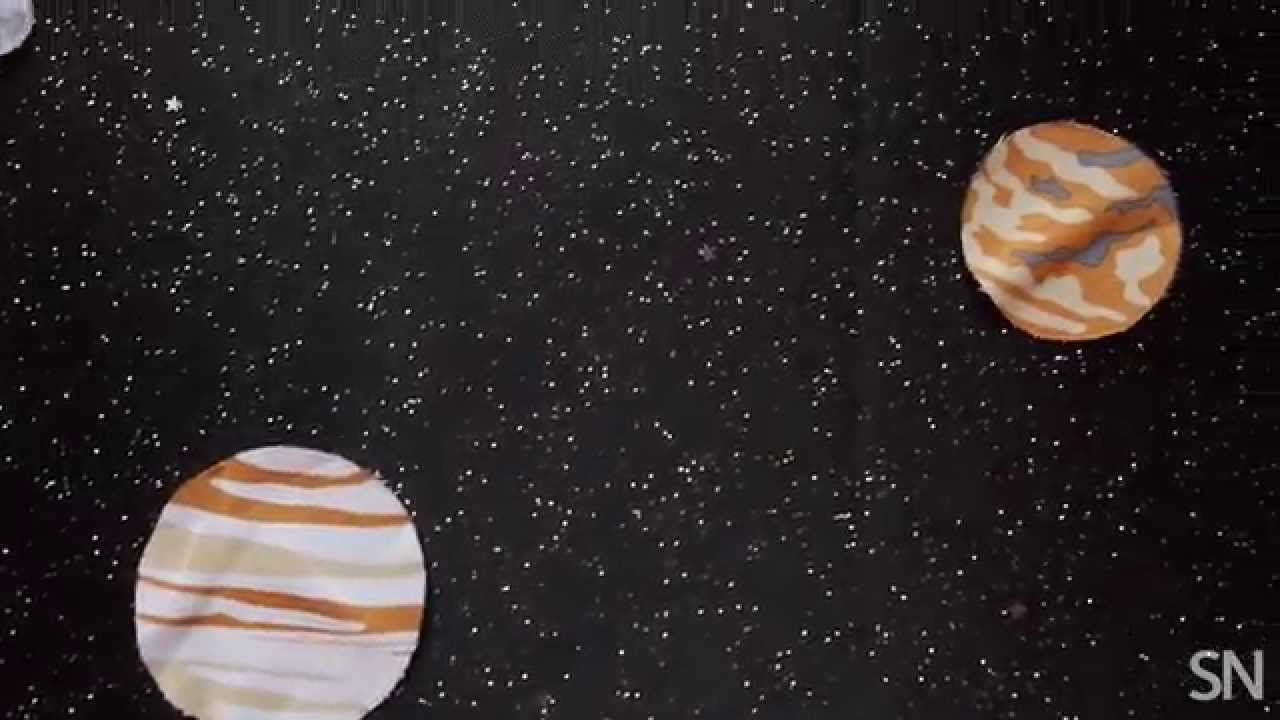
Get the latest international news and world events from around the world.


Complex living brain simulation replicates sensory rat behaviour
Blue Brain Project supercomputer recreates part of rodent’s brain with 30,000 neurons connected by 40m synapses to show patterns of behaviour triggered, for example, when whiskers are touched.
Artificial intelligence systems found to have the IQ of a 4-year-old
A series of tests designed to challenge some of the best AI systems in the world has pitted them against the human IQ (Intelligence Quotient) test to find that their intelligence currently sits at the level of a 4-year-old child.
Conducted by a team from the University of Illinois in the US, the tests found that our most advanced AI systems match the average toddler in terms of smartness. When the age was upped to seven, the software programs found themselves well beaten.
The IQ test is just one measure of intelligence, of course, and computers are way ahead of us in some tasks (like the speed of their calculations). What the test tries to do is assess the ability of someone to rationally understand the world around them — it’s in this particular area of self-awareness where software is still some way behind.

Apple has bought 2 artificial-intelligence companies in 4 days
Apple has bought a company that makes image-recognition technology for smartphones, its second artificial-intelligence deal in four days.

Scientists just got a first glimpse at the color of Pluto’s atmosphere, and it’s unlike anything they expected
The growling list of mysteries surrounding Pluto just got longer. On Oct. 8, NASA released the first color photo of Pluto’s atmosphere, and the shade they saw was anything but expected:
Metamorphose: 1999 Documentary Reveals the Life & Work of Artist M.C. Escher | Open Culture
https://www.youtube.com/watch?v=GCiqqszGT6Y
“Made in 1999 by Dutch director Jan Bosdriesz, the documentary Metamorphose: M.C. Escher, 1898–1972 takes its title from one of Escher’s more well-known printsin which the word “metamorphose” transforms itself into patterns of abstract shapes and animals.”

Our Aging World: The Striking Statistics About Dementia
Today, dementia affects over 46 million people worldwide, by 2050 it will affect more than 131 million people.
Global costs of dementia are estimated at $818 billion. As a result, if dementia care were a country, it would be the world’s 18th largest economy.
Dementias are one of the most expensive diseases for the healthcare system as patients require long-term care with daily activities like washing, getting dressed and eating. It has been estimated that the US health care would save an astonishing 40 billion dollars annually if the age of onset for Alzheimer’s disease was delayed by just 5 years. The estimated annual cost of dementia worldwide is 818 billion dollars, more than the current US defence budget. By 2018 the cost may reach a trillion dollars. Remarkably, if dementia were a country, it would be the 18th largest economy on earth.

The Dark Side of Antioxidants
The story of the dark side of antioxidant research isn’t well known outside of medical circles. It’s an unseemly story, profoundly unsettling; it doesn’t fit the “antioxidants are good for you” mantra that sells billions of dollars per year of blueberry- and pomegranate-fortified granola bars.
Not all vitamins are good for all people, all the time. In fact, some can kill you. And guess what? We know where the bodies are buried.

The Transhumanist Party Turns 1-Year-Old
https://youtube.com/watch?v=QvDmMWXHeDo
The Transhumanist Party is 1-year-old today:
On October 7th, 2015, the Transhumanist Party will reach its first birthday. Started as way to introduce forward thinking and futurist politics into government, the party has caught on around the world and now has over a dozen national parties. The motto of the Transhumanist Party in America is: Putting Science, Health, and Technology at the Forefront of US Politics.
The Transhumanist Party in the US is by far the largest and most visible of all the international parties and has wracked up an impressive amount of media coverage. In just the last few months, the party has been featured all over the world, including in the BBC, USA Today, Popular Science, CNET, Le Monde, Reason, Fox News Channel, Financial Times, Vice, Yahoo! News, MSN, The Huffington Post, Esquire, ARTE, Business Insider, Vox, The Telegraph, National Review, BuzzFeed, Gizmodo, and dozens of others places.
While not everyone in the transhumanism or futurist communities is supportive of the Transhumanist Party or involving transhumanism into politics, the younger generation is broadly interested in changing the two-party American political gridlock. Specifically, millennials in America want something that welcomes smaller 3rd parties into government.

Entanglement: Gravity’s long-distance connection
Many researchers find these ideas irresistible. Within the last few years, physicists in seemingly unrelated specialties have converged on this confluence of entanglement, space and wormholes. Scientists who once focused on building error-resistant quantum computers are now pondering whether the universe itself is a vast quantum computer that safely encodes spacetime in an elaborate web of entanglement. “It’s amazing how things have been progressing,” says Van Raamsdonk, of the University of British Columbia in Vancouver.
Physicists have high hopes for where this entanglement-spacetime connection will lead them. General relativity brilliantly describes how spacetime works; this new research may reveal where spacetime comes from and what it looks like at the small scales governed by quantum mechanics. Entanglement could be the secret ingredient that unifies these supposedly incompatible views into a theory of quantum gravity, enabling physicists to understand conditions inside black holes and in the very first moments after the Big Bang.